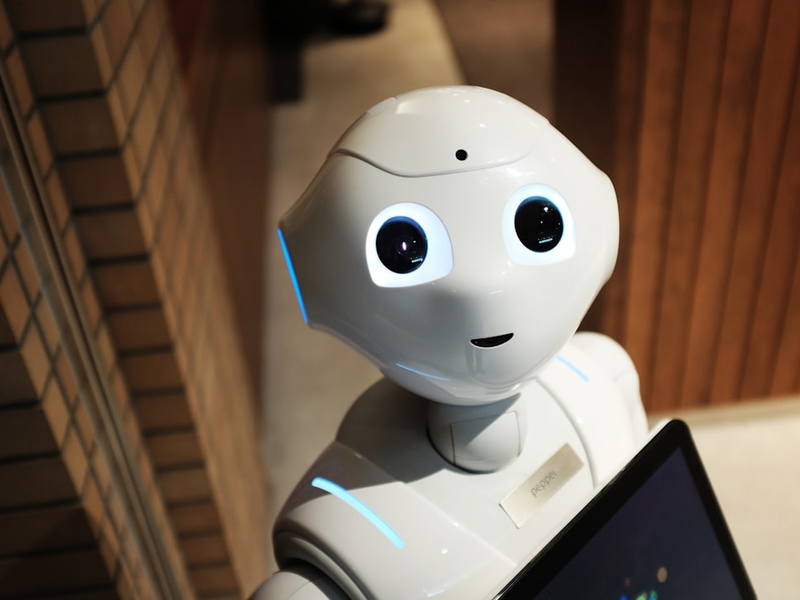AI is Reshaping Entry-Level Tech Jobs: What Graduates Need to Know

Photo by Alex Knight on Unsplash
The tech job landscape is undergoing a seismic shift, and recent computer science graduates are feeling the tremors. A groundbreaking Stanford study reveals a stark reality: entry-level employment in AI-vulnerable professions has plummeted by 13% since 2022, with software developers ages 22 to 25 experiencing a nearly 20% decline since ChatGPT’s public release.
Anthropic CEO Dario Amodei warns that this is just the beginning. He predicts AI could potentially eliminate half of entry-level white-collar jobs within the next five years. The rapid advancement of AI technologies is making this prediction seem increasingly plausible, with OpenAI’s o3 model solving over 70% of software engineering problems by 2024.
What was once a guaranteed path to success - a computer science degree promising six-figure salaries and cushy tech jobs - now looks more uncertain. Pre-pandemic, new graduates comprised 15% of Big Tech hires; today, that number has shrunk to a mere 7%. Startups aren’t providing relief either, with seed-stage companies reporting 21% fewer employees in the first half of 2025 compared to 2020.
However, the landscape isn’t entirely bleak. Machine learning specialists can still command impressive seven-figure salaries at companies like Databricks. Experienced software engineers and customer service professionals are seeing stable or even growing employment opportunities. Some industries remain relatively AI-proof, including health aides and front-line production supervisors.
Industry experts like Emily Schaffer from YUPRO Placement are adapting their strategies, redirecting talent training towards less AI-susceptible sectors like property management. Her cautionary note resonates: companies must carefully consider the long-term implications of eliminating entry-level positions, recognizing that today’s junior employees are tomorrow’s mid-career professionals.
For recent graduates, the message is clear: adaptability, continuous learning, and specialization in emerging AI-related skills will be crucial for navigating this rapidly transforming job market.
AUTHOR: mb
SOURCE: SF Standard
























































